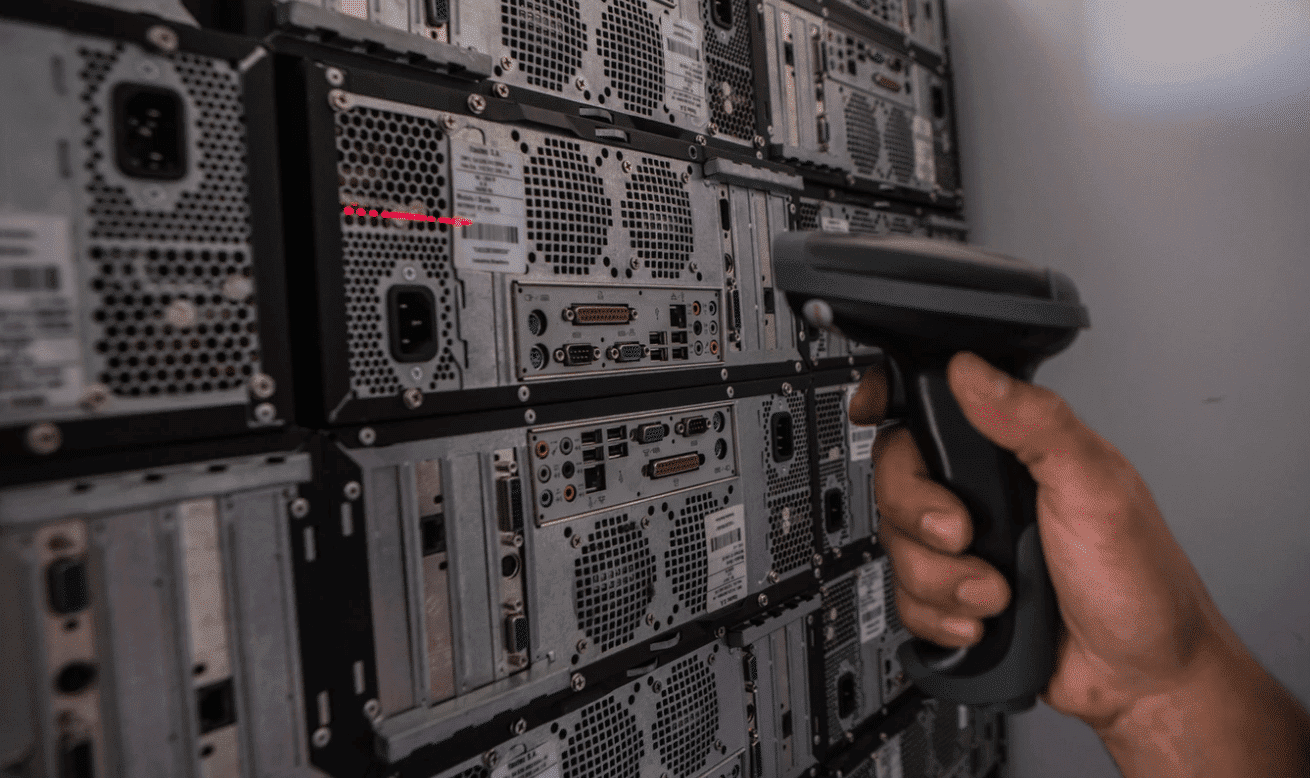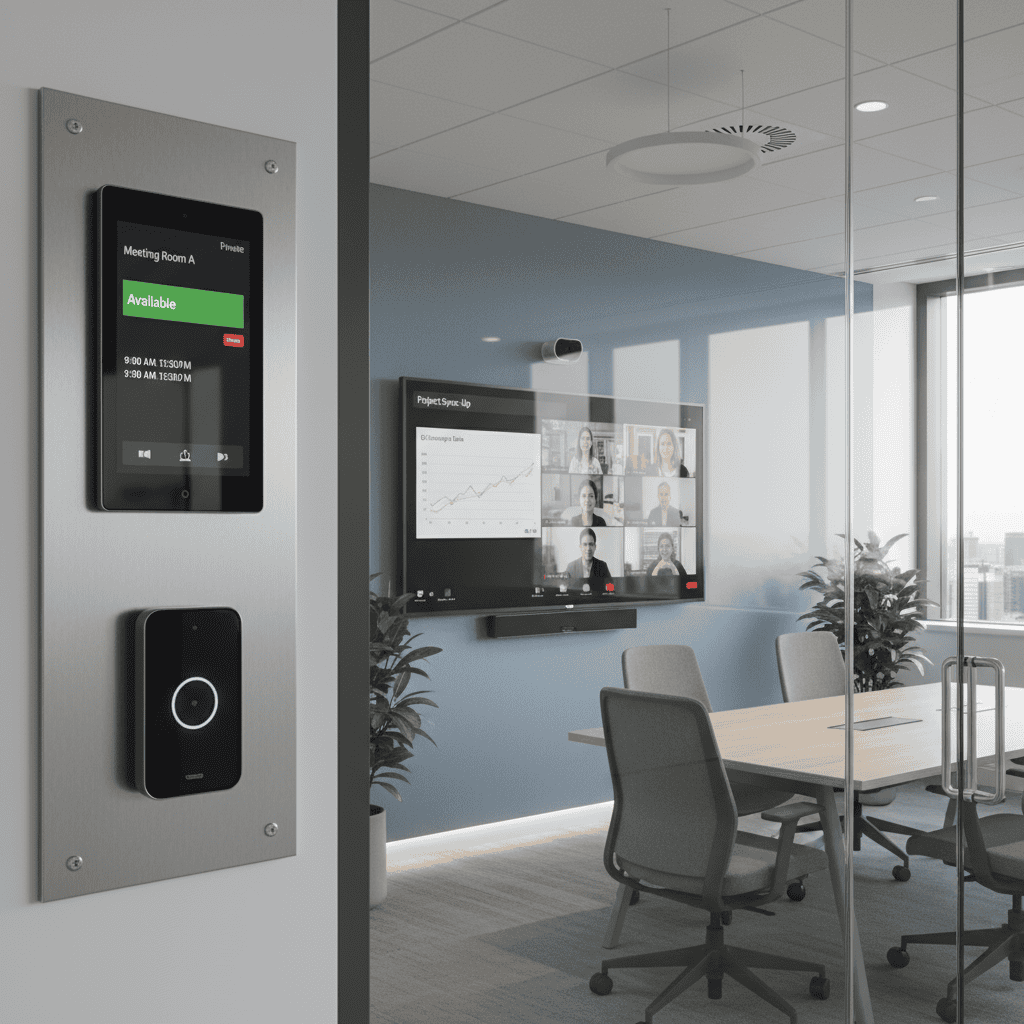Getting The Most Out Of Your Data Center

Why You Need Data Center Infrastructure Management
Datacenter infrastructure management (DCIM) is a category of software that allows you to comprehensively monitor your data center’s activity, capacity, and resource consumption in real-time. If you’re familiar with the principle of integrated workplace management systems, then a DCIM is very similar, but the scope is highly specific to data center needs.
DCIM Addresses Some Common Problems
DCIM is designed to help streamline the complexity that comes with multiple data centers, multiple vendors, equipment manufacturers, contracts, warranties, and processes. It can also help you maintain service-level agreements across discrete environments.
Additionally, DCIM offers traceability for hardware changes, which is crucial for maintaining performance and optimizing the operating budget of the data center. It also makes it much easier to deploy new services and applications faster and with greater clarity about the available resources.
An Effective DCIM Should Support Three Main Areas

The goal of implementing a DCIM on your data center is to monitor the operations with the intent to maximize efficiency, ensure minimal downtime, and unlock productivity gains.
Efficiency
By monitoring server demand and comparing it against resources such as power and cooling, you can identify opportunities to improve. A DCIM can assist with inventory management, allowing you to identify underused equipment that you can either eliminate, upgrade (to something more useful), or re-allocate.
Uptime
Uptime is largely a function of equipment performance, with unexpected equipment failure an unfortunate reality. A DCIM will record equipment service schedules and notify you when it’s time for refurbishment, replacement, or upgrade. This can reduce the likelihood of unplanned downtime, which in turn allows you to compensate and ensure maximal uptime.
Productivity
A DCIM should reveal any idle equipment that could be put to better use as well as providing early warnings to staff for areas in that data center that may need attention. Unused capacity may be used to load-balance with other equipment or to support new projects or clients. It also automates much of the audit and traceability requirements that are otherwise tedious and time-consuming for staff to manage.
DCIM Gives You A Valuable Window Into Your Operation
DCIM represents a complex relationship between hardware and software. Think of it as a central nervous system for your data center. Used to its full potential, a DCIM is a critical part of business continuity planning, allowing you to examine the need for redundancy and accurately predict maintenance costs. It can even give you visibility into the very connective tissue of your data center, including power supplies, structured cabling, cooling systems and beyond.
Simplifying Data Center Management
Obviously you have staff and processes to handle the “work” of managing the data center. A DCIM system doesn’t eliminate the need for any of that. Rather it centralizes much of the monitoring, reporting, and data analysis of the data center itself. Even the most sophisticated network of systems, processes, and qualified staff can’t replicate the level of insight, consistency, and reporting that a DCIM system offers. It will make your data center more effective, and will free your staff to focus on more important tasks.
I.e. Smart Systems works with a host of vendors, equipment manufacturers, and service providers in the IT infrastructure industry. We can help you build a comprehensive plan to match the right equipment with the right DCIM system and ensure that your data center is meeting it’s full potential. Visit our website and drop us a note, we’d love to hear more about your project.
About i.e.Smart Systems
i.e.Smart Systems is a Houston, TX based technology integration partner that specializes in design and installation of audio/visual technology and structured cabling. For more than three decades, our team of in-house experts has partnered with business owners, architectural firms, general contractors, construction managers, real estate developers, and designers in the Houston market, to deliver reliable, scalable solutions that align with their unique goals.




